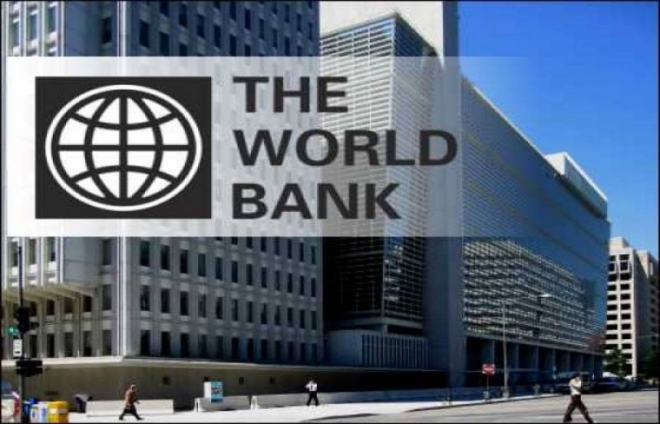Despite new international challenges, poor harvests, and the price shocks of 2022, many countries in Sub-Saharan Africa (SSA) saw improvements in their social inclusion policies and their structural policies—both of which are reflected in the latest Country Policy and Institutional Assessment (CPIA) scores for 39 countries in the region.
The CPIA is an annual diagnostic tool for countries eligible for financing from the International Development Association (IDA), the part of the World Bank that helps the world’s poorest countries.
The 2023 report provides an assessment of the quality of policies and institutions in all 39 International Development Association (IDA)–eligible countries in SSA for calendar year 2022. Countries are rated on a scale of 1 (low) to 6 (high) across 16 dimensions reflecting four areas: economic management, structural policies, policies for social inclusion and equity, and public sector management and institutions.
The average overall CPIA scores in SSA remained stable at 3.1. While many countries made improvements in “policies for social inclusion” and “structural policies”, these improvements were offset however by stagnation in “economic management” and “public sector management and institutions.”
“At a time of high global interest rates and weak economic growth, it is encouraging to see progress in policy reform, especially around private-sector reforms and protecting vulnerable people from economic fluctuations,” said Nicholas Woolley, Economist with the World Bank Office of the Chief Economist for Africa.
In 2022, the gap between sub-regions grew, as Western and Central Africa (AFW) continued its upward trend, improving scores slightly from 3.2 to 3.3, while Eastern and Southern Africa (AFE) remained unchanged at 3.0.
However, this gap can largely be attributed to the performance of fragile and conflict-affected states (FCS). In 2022, the four lowest-scoring countries (South Sudan, Eritrea, Somalia, and Sudan) were located in AFE and were experiencing conflict and fragility. Without these four states, the score between sub-regions is almost identical. While AFW also contains fragile and conflict-affected states, they performed relatively well, especially in economic management scores, owing perhaps to the beneficial impact of currency unions in West Africa.
Besides providing scores, the CPIA report highlights policy trends and examples of best practices in specific areas such as inflation, currency management, financing, growth, social protection, transparency, and accountability.
“The frequency, comprehensiveness, and rigor of the CPIA review can help drive country engagements and underpin an evidence-based dialogue around countries’ reform agenda,” said Andrew Dabalen, World Bank Chief Economist for Africa.
Latest Stories
-
Yaw Ampofo Ankrah calls for Kurt Okraku and Executive Council to resign over AFCON failure
9 mins -
Coalition of teachers to boycott December election over unpaid salary arrears
12 mins -
Uphold ethics in fight against fraud – First National Bank CEO
17 mins -
CHRAJ recommends forensic audit of National Cathedral project
18 mins -
I cried every three days at the beginning of my career – Gyakie
21 mins -
#ChoosePeaceGh Campaign: JoyNews partners Catholic Relief Services beyond 2024 December 7 Elections
29 mins -
CHRAJ report scratched the surface on “the double identity” of Rev. Kusi Boateng – Ablakwa
49 mins -
Elections: Akufo-Addo calls for unified front to combat political instability
1 hour -
Alidu Seidu ruled out for the season after suffering raptured ACL
1 hour -
Women advocate for tax waivers, clear timelines for implementation of economic policies
1 hour -
Disinformation, misinformation making our work tedious – NCCE
1 hour -
COP29: Africa expected more in new Climate Finance deal
1 hour -
Vice President Bawumia commends Lands Commission for digitalising its operations
1 hour -
By age 7, I knew everything I wanted to do in life – KOD
1 hour -
10 GWCL customers in Ashanti north celebrated for loyalty, timely water bill payment
1 hour

